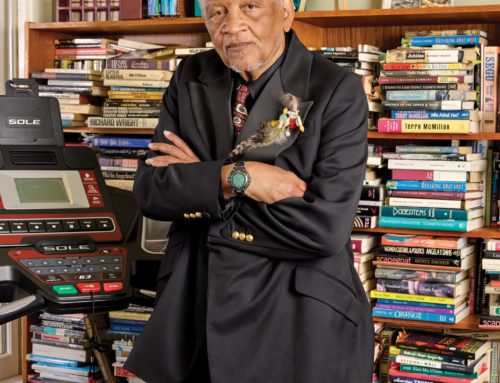Christopher Marlowe—author of “The Jew of Malta” and “Doctor Faustus,” Shakespeare’s rival and influence, bon-vivant, spy, atheist, reputed homosexual and, worse, reputed Catholic—died in a drunken fight on May 30, 1593. After quarreling with associates over financial matters, he was stabbed above the right eye, dying (by the coroner’s account) instantly.
Marlowe’s own beliefs and habits are the matter of ultimately irresoluble historical controversy. For the critic, however, the questions about Marlowe’s person are subordinate to the question of whether or not Marlowe, the author, is relevant to the interpretation of his work. New Historicism, with its niggling concern for ever-more minute details of authors’ lives and these details’ effects, has reigned as a preeminent critical school for some 30 years, and, as its proponents delve into what seem to be increasingly unsure waters—did the reading of Lucretius really start the Renaissance, after all?—it seems that the time is ripe for a reexamination of the question. It is this question that Éric Chevillard examines in his new novel, “The Author and Me,” translated into fine workmanlike English by Jordan Stump. Purportedly setting out to prove the independence of the voices of narrator and character from their originator, he presents a haunting argument for the inescapability of the author.


